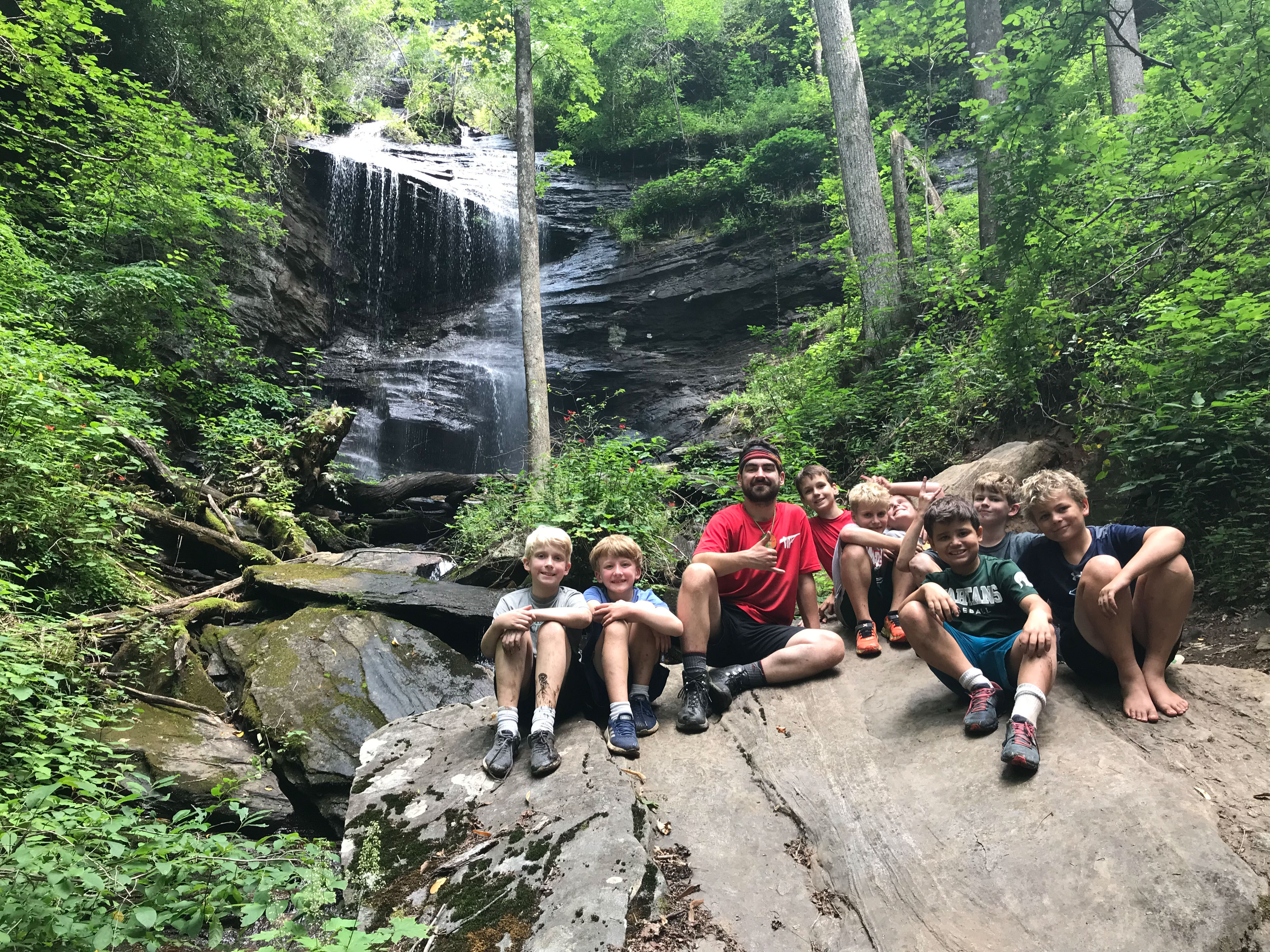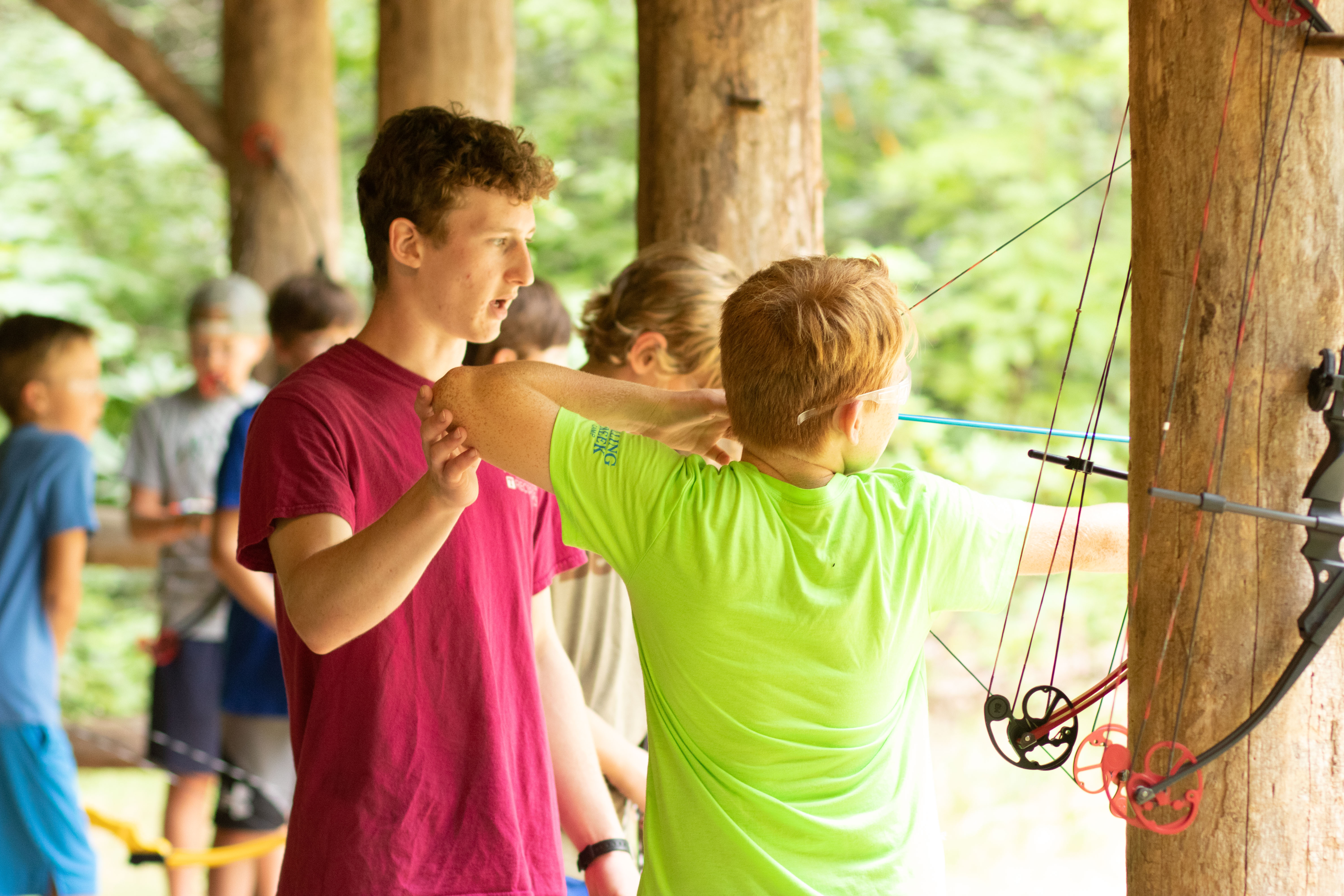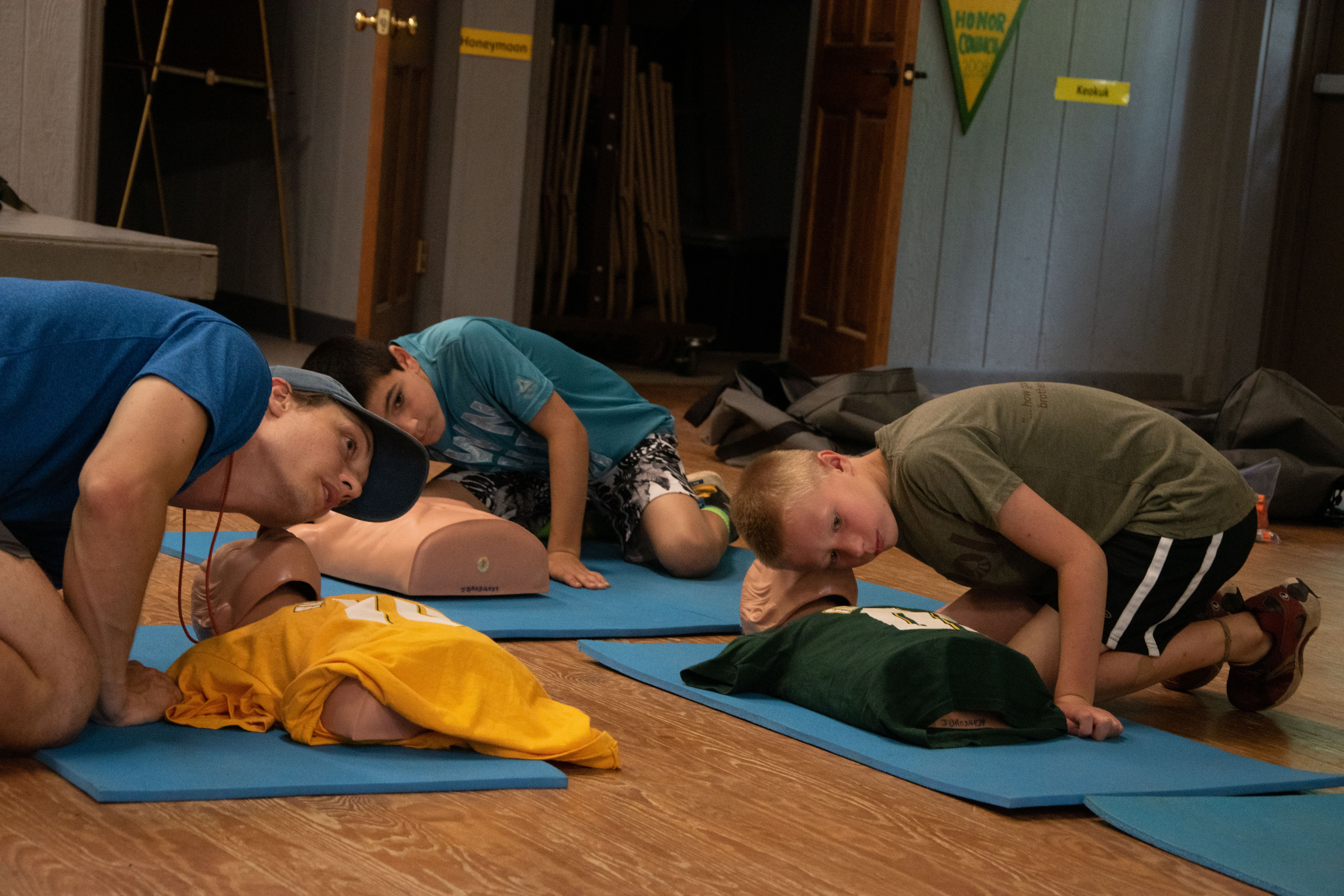More Than a Summer Job: Translating Your Summer To Your Resume
 Working as a counselor is more than just a summer job, but how do you put it on your resume?
Working as a counselor is more than just a summer job, but how do you put it on your resume?
Anyone who has worked at camp knows that the role is more than just a summer job. Being a camp counselor gives you opportunities for personal growth that are hard to replicate anywhere else, not to mention the incredible relationships and networking opportunities a camp position provides. However, the hard part is often communicating these benefits to parents, professors, and future employers.
How do you translate your hard work over the summer onto your resume?
Working at camp is a meaningful experience, but you want to make sure you can express the skills you gained during the summer in a way that will also be meaningful to future employers. The American Camp Association (ACA) has some great resources that help explain the benefits of being a counselor, including these ten reasons why working at camp is a real job.
Parents, professors, or employers who have never worked at camp before might assume that being a camp counselor is a just a fun and meaningless seasonal job. They might think of it like the stereotypical camp movies, where you spend your days doing nothing but playing games outside, singing around the campfire, and tie-dying everything you own.
Sure, you might get to take part in those things during the summer, but your job entails so much more personal and professional development than that. Few jobs will start by giving you as much responsibility as a camp counselor, or by offering more opportunities for personal growth.
 Learning life skills through fun activities
Learning life skills through fun activities
As a counselor, you are directly involved in running camp and helping young people succeed. You are trained to be responsible not only for yourself, but for the daily well-being of the eight campers in your cabin, as well as the campers you instruct in various activities. You’re responsible for planning and leading the numerous daily trips and activities, where safety is paramount in all areas. Think about the communication skills it takes to effectively communicate with those of all ages and on all levels of the organization in these situations.
This includes instructing young campers, making a great impression with parents, effectively collaborating with your peers, and communicating with the directors on a daily basis. This is a huge investment in your thinking and problem solving skills. On a trip with your campers when the weather changed your plans? You’re the one who has to take initiative and come up with a fun and safe plan B! Interestingly, “plan B” often turns out to be the highlight of the trip, and it was because your creativity and ingenuity made it happen.
While living with a co-counselor every day and working to teach activities with fellow staff, you get practical training in working with a team and being a productive member of a community. You have to exercise creativity daily while thinking of innovative and fun ways to engage your audience, whether that is 2 campers at an activity, or 300 people at Morning Assembly.
Don’t believe marketing skills are applicable as a camp counselor? You need to market your activity to campers every day! Since there are nearly 30 activities at camp, each one competes for the attention of our campers. Some days you have the chance to get creative and offer programs or activities out of the “norm.” That’s your chance to shine and let the campers see what you’re excited about, all while honing your skills in the specific activity you are passionate about.
 As a counselor, you are trained and responsible for more than just yourself
As a counselor, you are trained and responsible for more than just yourself
The interpersonal and collaborative skills learned and practiced at camp are invaluable. “Soft skills” like resilience, emotional intelligence, patience, teamwork, judgement, risk management, cognitive flexibility, empathy, and ethics aren’t able to be memorized in a classroom. These 21st Century skills are exactly what employers are looking for.
However, not only are you gaining personal skills at camp, you are often being trained with relevant certifications, applicable to the world beyond summer camp. These can include CPR, Lifeguarding, Wilderness First Aid, Wilderness First Responder, Swift Water Rescue, Certified Horsemanship Association, and more. You can also work with camp directors to fulfill internship requirements or service hours.
Networking opportunities that come from the camp community also can’t be underestimated. Being a Falling Creek alumni connects you to a network of former staff and parents who are successful business owners and employers across the world. We are frequently asked to refer our talented staff members to alumni looking to hire. Our alumni network understands the broad set of skills you possess, because they realize what it takes to be a good camp counselor.
 Not only are you gaining personal skills, you are often being trained with relevant certifications, applicable to the world beyond summer camp
Not only are you gaining personal skills, you are often being trained with relevant certifications, applicable to the world beyond summer camp
So how do you translate all of these experiences to a resume? Start by following these tips from ACA.
When describing your experience as a counselor, ACA recommends the following: “Using active language, amplify the job title with descriptive terms that detail your duties, as well as the nature of time commitment you dedicated to your summer camp employer and the results you achieve.” Active language means using words like, “manage,” “collaborate,” “facilitate,” and “train,” to enhance the core qualifications you possess.
For example, don’t just put on your resume, “I worked at a summer camp as a cabin counselor and taught hiking.” Describe what you actually gained from the experience, and demonstrate the skills you can offer: “While working at a residential summer camp for three months, I supervised and mentored a cabin of 8 campers, facilitated daily hikes on camp property, and collaborated with my coworkers to lead safe and educational multi-day trips off camp property each session.” You worked hard to practice communication, responsibility, maturity, and dedication all summer - now’s the time to share that!
Though we wish our counselors would stick around forever, we’re excited to see all the big things you will do as you eventually move on from camp and begin your careers. One more point about the job search process - it will take patience. Luckily, you’ve learned a lot about patience, diligence, and resilience from your time caring for boys at camp! However, we know this process can sometimes feel long and discouraging. We’re here for you as your Falling Creek family.
If you have any questions while crafting your resume, feel free to for wordsmithing advice, grammar checking, general input, or to just talk. We’ll help you show how working at camp is more than just another summer job!
 Think. Dream. Job.
Think. Dream. Job.
